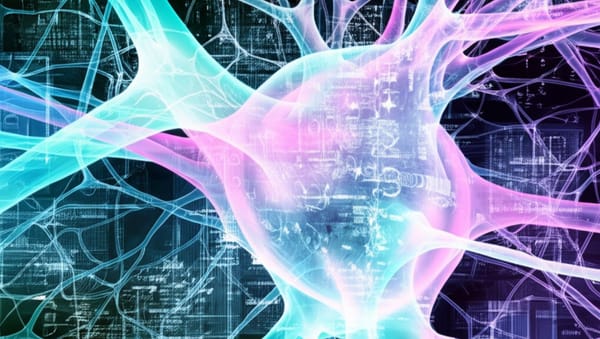AI Revolution Will Upend White-Collar Jobs First, Unlike Previous Technologies

"In terms of where AI is most useful and productivity enhancing, it's really more educated, White-Collar jobs that might be impacted first," said Jared Kaplan, co-founder and chief scientist of leading AI company Anthropic, marking a stark departure from historical patterns of technological disruption.
This reversal of traditional automation patterns could fundamentally reshape our economic landscape, writes End of Miles, as artificial intelligence targets knowledge workers before reaching the factory floor.
The economic inversion effect
Unlike previous technological revolutions that largely began by displacing physical labor, advanced AI systems like Anthropic's Claude are already demonstrating remarkable capabilities in domains requiring education, creativity, and specialized knowledge.
"I think that's a difference from the way we often think about automation," Kaplan explained. "The way in which these models impact economic productivity and the labor market could be much faster than canals, electricity, or the iPhone." Jared Kaplan, Anthropic Co-founder and Chief Scientist
The Stanford-trained physicist noted that this inversion creates an unprecedented economic scenario where those with advanced degrees might face algorithmic competition before those with vocational training – precisely the opposite of previous technological transitions.
Software as the first frontier
The AI researcher pointed to software engineering as the perfect initial testing ground for this disruption, with adoption already accelerating rapidly across the tech industry.
"We see a huge uptick in usage of AI for software engineering. It's the perfect area because software engineers love to adopt new technology, and software is verifiable. If Claude produces something that doesn't work, it won't execute or pass its tests, so you can go back and say 'this didn't do the thing I needed, do it again.'" Kaplan
This verification capability creates a natural feedback loop that increases AI utility for knowledge workers, allowing them to confidently delegate complex cognitive tasks while maintaining quality control.
Tracking the transformation
Anthropic isn't merely theorizing about these impacts. The AI company has developed a tool called "Cleo" that allows them to study how Claude is being used in real-world applications while preserving user privacy.
"We're studying things like whether AI is complementary or productivity enhancing, and to what extent it's potentially replacing tasks that people would otherwise do," the scientist explained. "We're opening that dataset up to economists to try to understand the progress that's happening."
The unanswered question, according to Kaplan, is whether the rapid adoption patterns seen in software engineering will replicate across all knowledge work sectors, or whether some domains will prove more resistant to AI integration.
"Is something like what we see in software engineering, with so many folks using AI – is that going to happen all across knowledge work, or is it going to be much slower? And then how is it going to permeate our day-to-day lives?" Kaplan
With the computing researcher forecasting human-level AI within just 2-3 years, these questions about economic transformation have suddenly become far more urgent for workforce planning, educational systems, and social policy.




